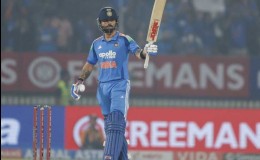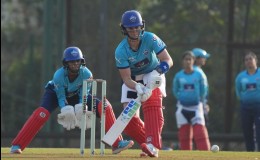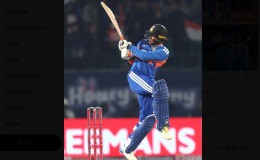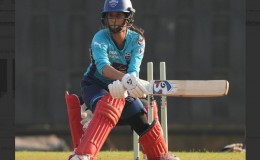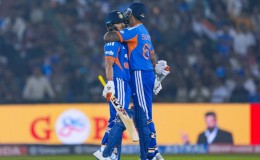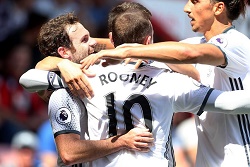 The football business started in England, the very same ‘cunning, sly or we should say smart’ English people who preached the glory of their King and Queen to half the world they conquered and controlled from London, including ours. 'The sun never sets in the British Empire', they used to say. Well, in the present the sun has definitely set, though the old saying is definitely true for their football league.
The football business started in England, the very same ‘cunning, sly or we should say smart’ English people who preached the glory of their King and Queen to half the world they conquered and controlled from London, including ours. 'The sun never sets in the British Empire', they used to say. Well, in the present the sun has definitely set, though the old saying is definitely true for their football league.
Although it may not occur to most fans, at the end of the day, football is a business like any other. Remember a 'fan' is a person who lives and dies with his club, unlike a 'follower' who simply 'follows' several clubs at once. You may 'follow' several clubs like the coward you are, but you can be a 'fan' of obviously one. As Eric Cantona rightly said "You can change your wife, your politics, your religion, but never, never can you change your favourite football team".
Like we mentioned how football is a business-an estimated 3.5 billion people across the globe follow 'the beautiful game'. The business is too big. Very big in fact, like a mass-produced commodity. The influence of money is especially strong in specific areas of the business like broadcasting rights, player transfer fees and sponsorships.
Football leagues around the world act as content producers in the form of football matches. The leagues make money by selling rights to this content to aggregators. Aggregators are broadcasters and cable networks who buy rights of content produced by the football leagues. The aggregators pack up the acquired content into programming services called channels for scheduled transmission. The Aggregators usually enter into long duration contracts with content producers and distributors. The distributors are the ones who make sure to provide the infrastructure through which the content reaches consumers -- Us.
To be specific, The content producer English Premier League has sold its rights to be broadcasted in Asia to the aggregator STAR Sports, a part of STAR India, actually owned by 21st Century Fox, to be shown on television by either our local cable guy or standard DTH Operator. As we can see, it’s a three-tier system involving the Content producer, the Aggregator and finally the Distributor.
It probably makes most sense to start any discussion about money in football with the league that makes the most of all. An enormous TV deal ensures all the clubs in the top-flight remain financially sound, as TV money is split equally among all 20 clubs. So was it any surprise a Premier League club called Manchester United made the costliest player transfer AND the costliest kit deal? Well, we at least now know where all that money is coming from, don't we? After the TV rights, it’s the Team jerseys which provide two additional streams of revenue-deals with kit manufacturers that make the jersey and sell them to fans around the world, and sponsorship agreements with companies that adverstise on the jerseys.
So, Paul Pogba has the tag of the most expensive football player on Planet Earth. Well, No Big deal. The Tag has been associated with names like Zinedine Zidane, Cristiano Ronaldo and Gareth Bale. Not to mention others on the list like the recent transfer of Gonzalo Higuain, the transfers of Luis Suarez and Neymar Junior to Barcelona, and even Angel Di Maria to Manchester United. Di Maria quit after a year though, fleeing to Paris.
The bottom line is that every sporting business is fuelled by passion, adrenaline and high-voltage emotions and for football, it is even more. The brave will take to the pitch as warriors, shoulder to shoulder, face to face. As the new season dawns, new stars will arise, teams will captivate, stadiums will rock; new battles will be fought in the name of glory, in the name of honour, in the name of football. The game we love, the game we live for. This is our game, the beautiful game.
Long live Football.



